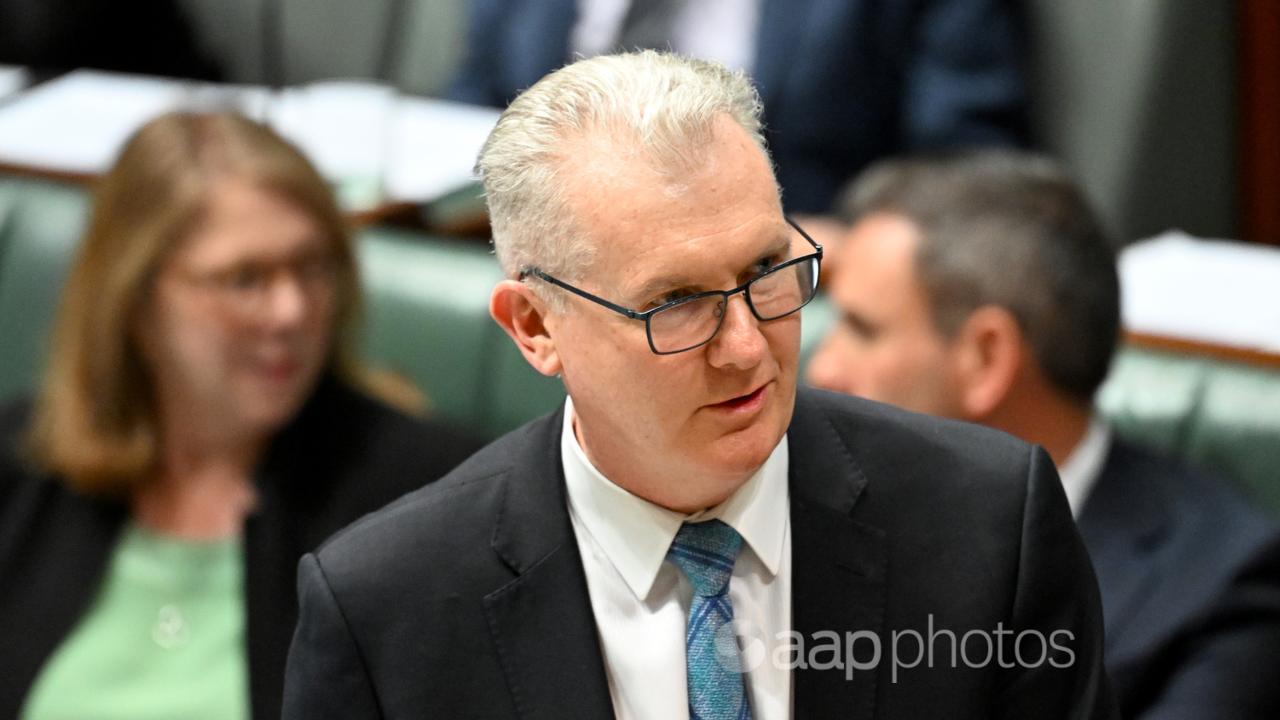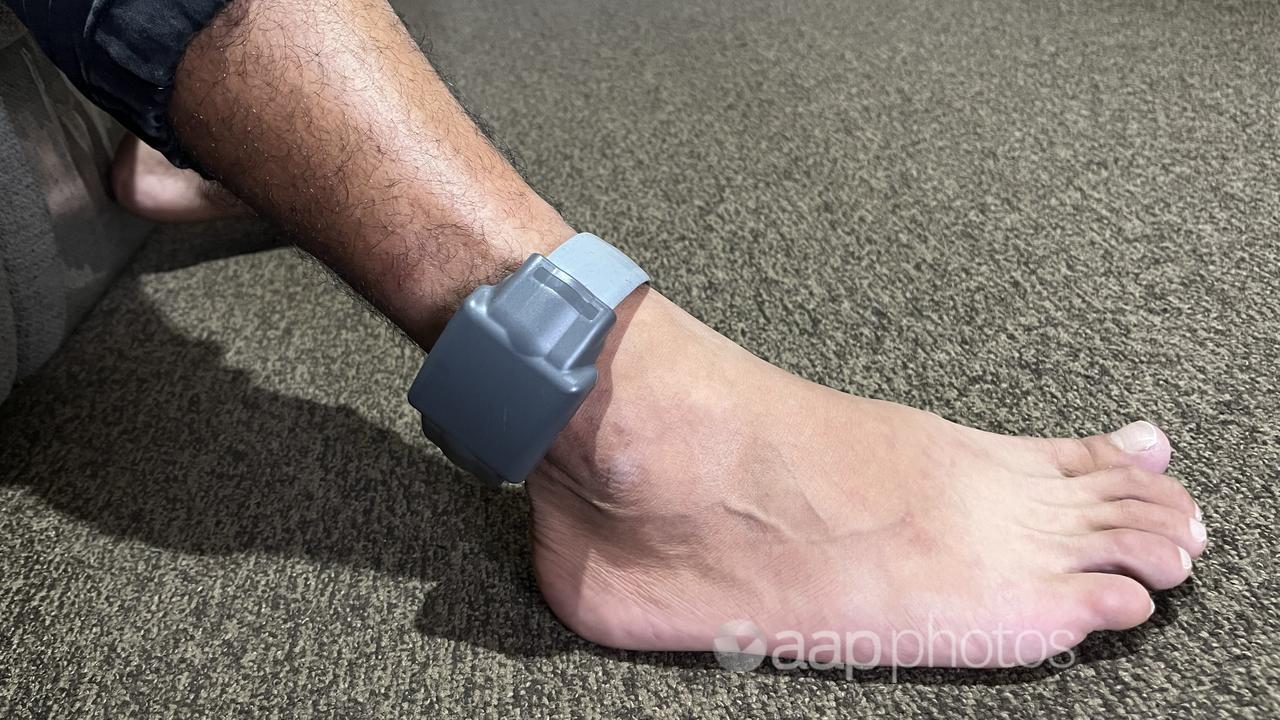Laws will be ushered in to skirt a High Court ruling that it was unlawful to force former immigration detainees to wear ankle bracelets and adhere to curfews.
The bruising legal loss for the Commonwealth government has prompted Immigration Minister Tony Burke to move to toughen immigration laws.
The electronic monitoring bracelets and curfews stemmed from emergency legislation passed by Labor and the coalition in response to a landmark High Court decision that deemed indefinite detention unconstitutional.

It triggered the release of 215 immigration detainees.
As of mid-October, 143 were wearing electronic monitoring devices daily and 126 were subject to a strict curfew regime from 10pm to 6am.
Mr Burke will sign off on adjustments to regulations on electronic monitoring devices and curfews on Wednesday, hours after the High Court struck them out as illegal and ruled they were “prima facie punitive” and could not be justified.
The laws enabling the measures overreached the separation of powers between the courts, which administer criminal punishment, and the commonwealth government, it ruled.
“The court’s decision is not the one the government wanted but it is one the government has prepared for,” Mr Burke said in a statement.
Legislation will be introduced into the lower house on Thursday to support the updated regulations and further strengthen the federal government’s power to remove people who have had visas cancelled to third countries.
The High Court bid was launched by a stateless Eritrean, known by the pseudonym YBFZ, who was charged with six offences for failing to comply with curfew and monitoring.
His lawyer, David Manne of Refugee Legal, said Wednesday’s win was significant as “everyone should have the same protections of their freedom and dignity under law”.
The ankle bracelets had caused “a real psychological and emotional burden” for his client, Mr Manne said.
It meant his client and former detainees “will no longer be able to be held in his house for eight hours a day with the invasive humiliation and stigma of permanent ankle bracelets”, he said.
“The decision underscores the bedrock principle that government does not have the power to punish people, whether citizens or non-citizens, by stripping them of their fundamental rights to freedom and dignity,” he told AAP.
Mr Manne called on the government to immediately abide by the ruling and remove the restrictions.
Breaking bridging visa conditions, including electronic monitoring restrictions or a curfew, results in a mandatory minimum one-year prison sentence.

State and territory police have charged 65 people since their release – 20 of whom are on remand. The rest were in the community, either on bail or because their case had been finalised.
The Australian Lawyers Alliance said the conditions were more severe than on people released on parole after serving their sentences.
“This decision is a win for the rule of law and a reminder that political expediency and public hysteria are not the right basis on which to make laws,” the alliance’s criminal justice spokesperson Greg Barns SC said.
He chastised any bid to rush through legislation to respond to the decision, saying they were “often poorly drafted and are successfully challenged in the courts”.
Liberal frontbencher James Paterson called for the minister to use other powers granted to him to apply for preventative detention orders to lock up former detainees on the grounds they posed an unacceptable risk to the community.
Such an order has to be granted by a court.
Senator Paterson expressed dismay that no applications have been made after the emergency laws were rushed through parliament in December 2023.
“Yet Labor has still not applied to re-detain even one of the 12 murderers or 66 sex offenders released into the community,” he told AAP.
The first preventative detention application is expected in the coming weeks, Home Affairs Department legal counsel Clare Sharp said as she defended the time taken, arguing any court application had to be extremely robust.




















